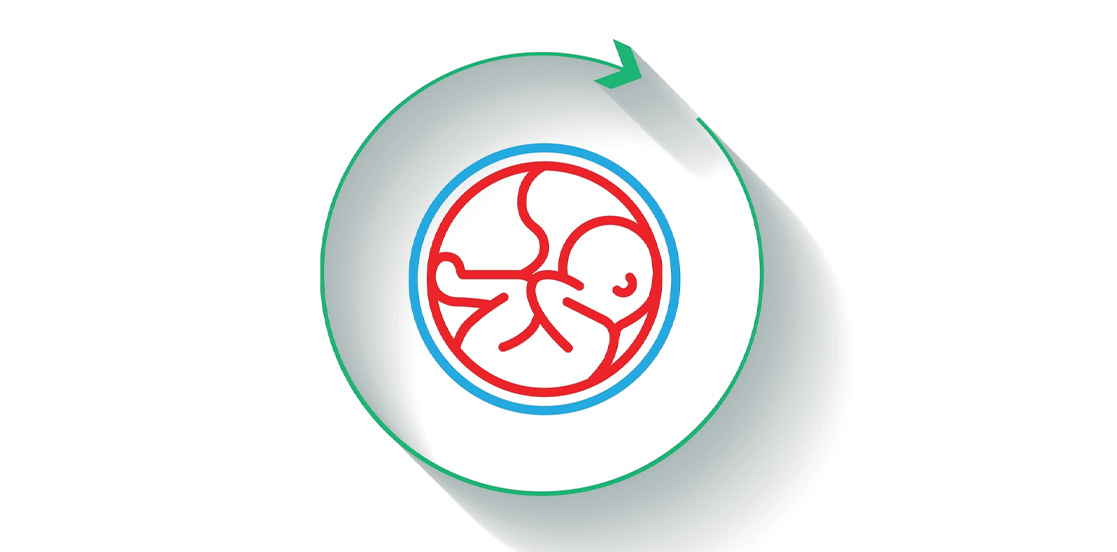Post link copied to clipboard!

Normally, One-half of the chromosomes come from the mother and the other half from the father.
To do this, pieces of the chromosome pairs split so that the baby receives genetic material from each parent.
In chromosome translocations, some sections of chromosomes change their geographical position without any loss or gain of important.
In translocation, there is no loss of genetic material, the chromosomes sections are simply joined at the wrong position.
Since the number of chromosomes is correct, but a portion of one of the chromosomes has attached incorrectly, it is referred to as a balanced translocation.

1 in 500 people in the general population have this.
Most individuals with balanced translocation suffer no ill effects and are often undiagnosed until they experience fertility issues.
Ruling out the possibility of translocation will assist the couple to avoid an expensive and extensive work up and will assist to understand the risk of recurrence.
When one member of a couple carries a balanced chromosome translocation, the risk of having a miscarriage is approximately doubled.
In 3-5% of couples with recurrent miscarriage, one partner has a balanced translocation.
Family history of miscarriages, such as patient’s mother or her sister having had same problem should be taken into consideration.
When a balanced translocation is identified and if the affected woman miscarries, it is useful to karyotype the miscarried pregnancy tissue to see if it was the result of translocation.
When either the male or female partner has a balanced translocation, the risk of miscarriage increases to 20%, 30% or even 50%.
Fertility options for a woman with balanced translocation include-
Expectant management –The risk of miscarriage can be as high as 50%
IVF-PGD (preimplantation genetic diagnosis) – improves the chances for a success pregnancy and live birth and maintains a genetic link to parents.
Gamete or embryo donation – eliminates risks associated with balanced translocation but treatment costs are higher, and there is no genetic link to both parents.